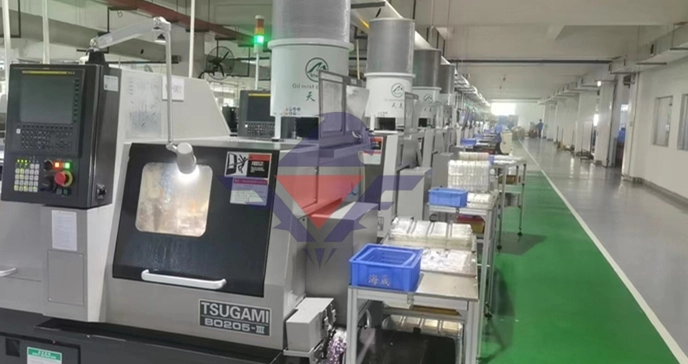
# Endotoxin Detection Kits for Accurate Bacterial Toxin Measurement
## Understanding Endotoxins and Their Impact
Endotoxins are lipopolysaccharides (LPS) found in the outer membrane of Gram-negative bacteria. These toxic compounds can cause severe immune responses when introduced into the bloodstream or sterile tissues. Accurate detection and measurement of endotoxins are crucial in pharmaceutical manufacturing, medical device production, and various research applications.
## The Importance of Reliable Endotoxin Assay Kits
Endotoxin assay kits provide researchers and quality control professionals with reliable tools for detecting and quantifying bacterial endotoxins. These kits are essential for:
– Ensuring pharmaceutical product safety
– Validating medical device cleanliness
– Monitoring water quality in healthcare facilities
– Conducting microbiological research
## How Endotoxin Detection Kits Work
Keyword: Endotoxin Assay Kits
Modern endotoxin detection kits typically utilize the Limulus Amebocyte Lysate (LAL) test, which is derived from horseshoe crab blood. The LAL test offers several advantages:
– High sensitivity (detection in picogram range)
– Specificity for bacterial endotoxins
– Rapid results compared to traditional methods
– Compatibility with various sample types
## Choosing the Right Endotoxin Assay Kit
When selecting an endotoxin detection kit, consider these factors:
– Detection range and sensitivity
– Sample compatibility (liquid, solid, or gas samples)
– Testing format (gel clot, turbidimetric, or chromogenic)
– Regulatory compliance (FDA, EP, JP standards)
– Throughput requirements
## Applications Across Industries
Endotoxin assay kits serve critical roles in multiple sectors:
### Pharmaceutical Industry
Ensuring injectable drugs and implants are free from harmful endotoxin contamination.
### Medical Device Manufacturing
Validating the sterility of surgical instruments, implants, and other medical equipment.
### Research Laboratories
Studying immune responses and developing new therapeutic approaches.
## Best Practices for Endotoxin Testing
To achieve accurate results with endotoxin detection kits:
– Follow manufacturer instructions precisely
– Maintain proper sample handling procedures
– Regularly calibrate testing equipment
– Implement appropriate controls
– Document all testing procedures thoroughly
## Future Developments in Endotoxin Detection
Emerging technologies promise to enhance endotoxin measurement:
– Recombinant factor C (rFC) assays as alternatives to LAL
– Microfluidic detection systems
– Automated high-throughput platforms
– Improved sample preparation techniques
By utilizing high-quality endotoxin assay kits and following proper testing protocols, researchers and quality control professionals can ensure accurate bacterial toxin measurement, ultimately contributing to safer medical products and better patient outcomes.